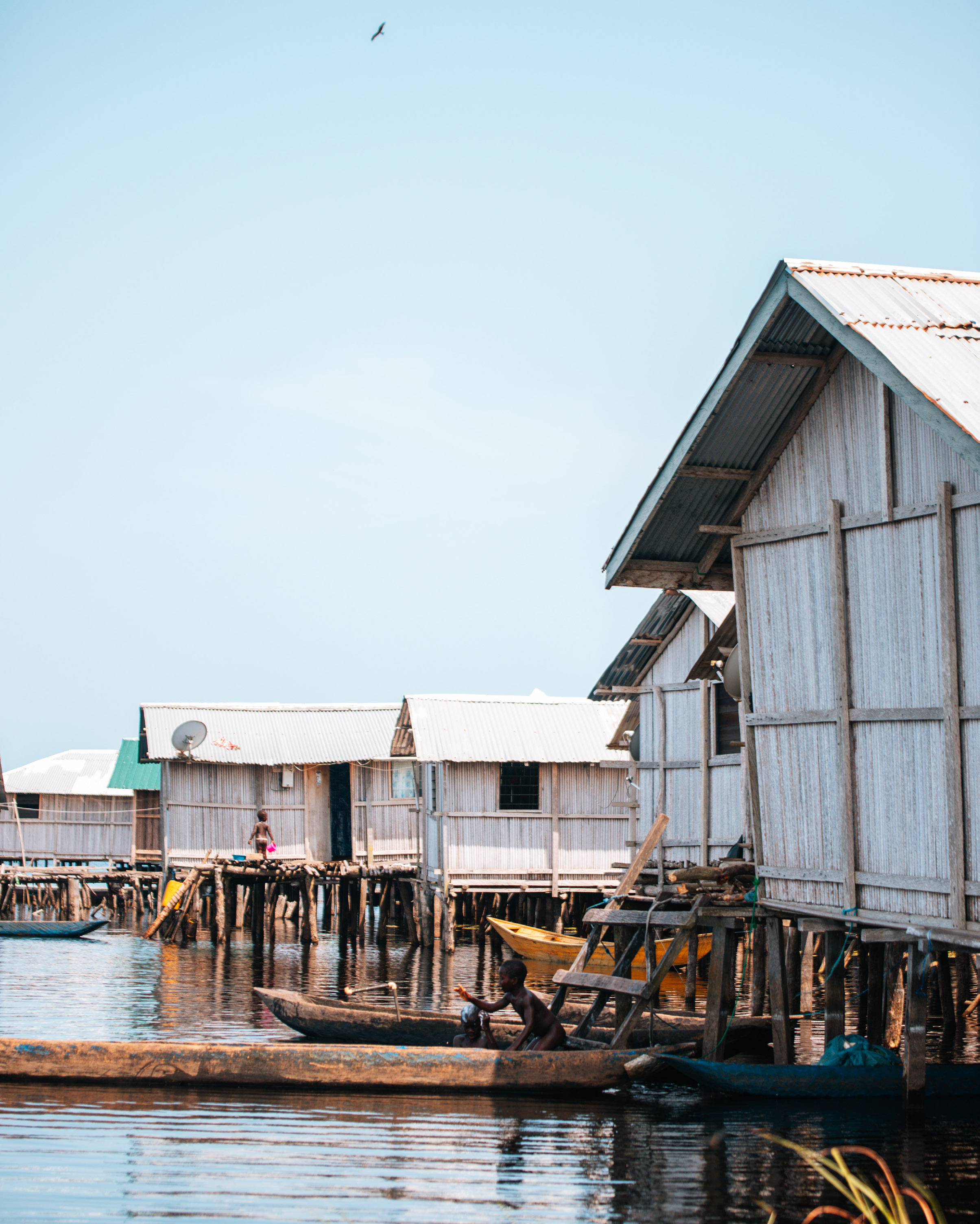

Downloads
DOI:
https://doi.org/10.58981/bluepapers.2023.2.15Published
Issue
Section
License
Copyright (c) 2023 Joseph Pieterson

This work is licensed under a Creative Commons Attribution 4.0 International License.
How to Cite
Abstract
Nzulezo, a tentative World Heritage Site listed in 2000 by UNESCO, is a community built on Lake Tadane in the Western Region of Ghana. Since its nomination, Nzulezo has become an attraction to both Ghanaians and foreigners alike. Over the years, the population has built dwellings and other structures to form the village over the lake, a way of adapting to an environment made up of about 70 per cent freshwater, about 20 per cent wetland, and 10 per cent land. Nzulezo stands out among heritage sites in Ghana due to its traditional architectural style. The village structures are made of wood and raffia. Located in a water-dominated environment, the community experiences changes in water levels that are predominantly seasonal. The water level is low from December to April during the dry season and high from June to August during the rainy season. In Nzulezo, the entire management of the site has been left to the Ghana Wildlife Society, a non-governmental organization (NGO). The focus of the management is tourism-driven, with less regard for the community members and the environment.
References
Bicchieri, Cristina. 2005. The Grammar of Society: The Nature and Dynamics of Social Norms. Cambridge University Press.
Harrison, Rodney. 2013. Heritage: Critical Approaches. 1st edition. London: Routledge.


